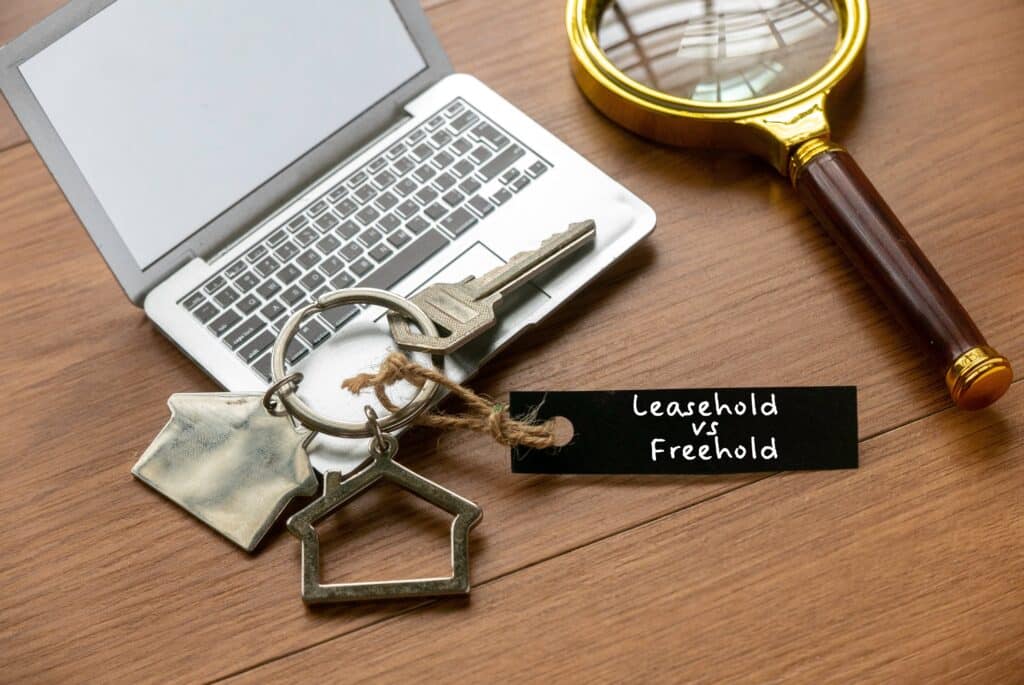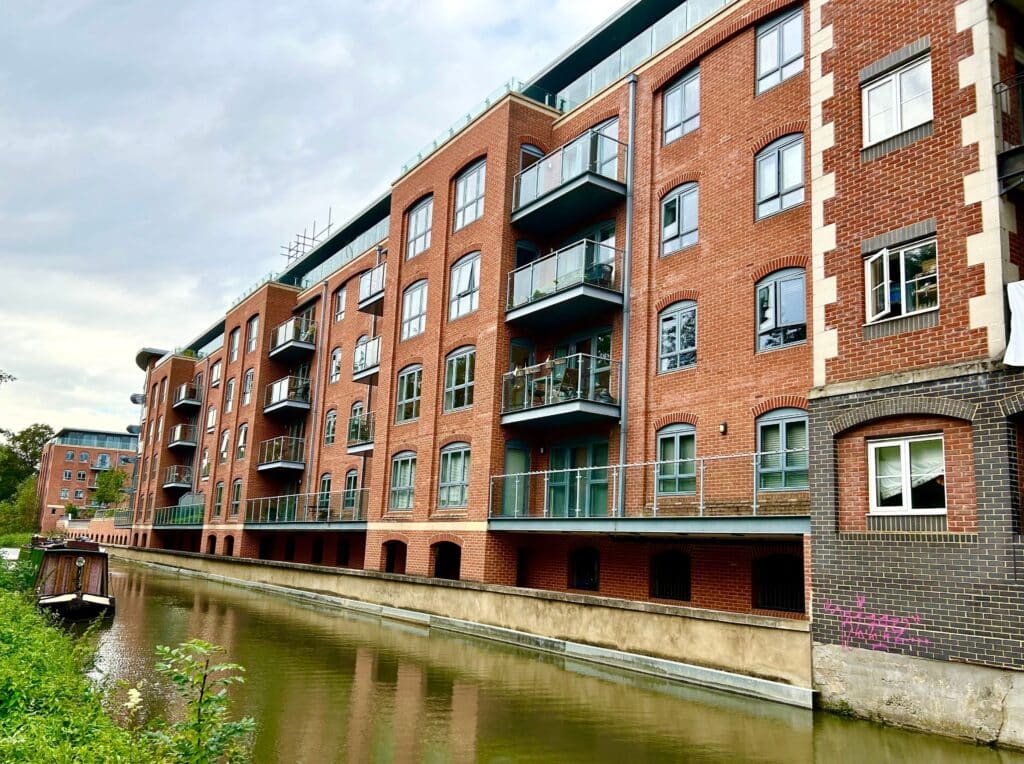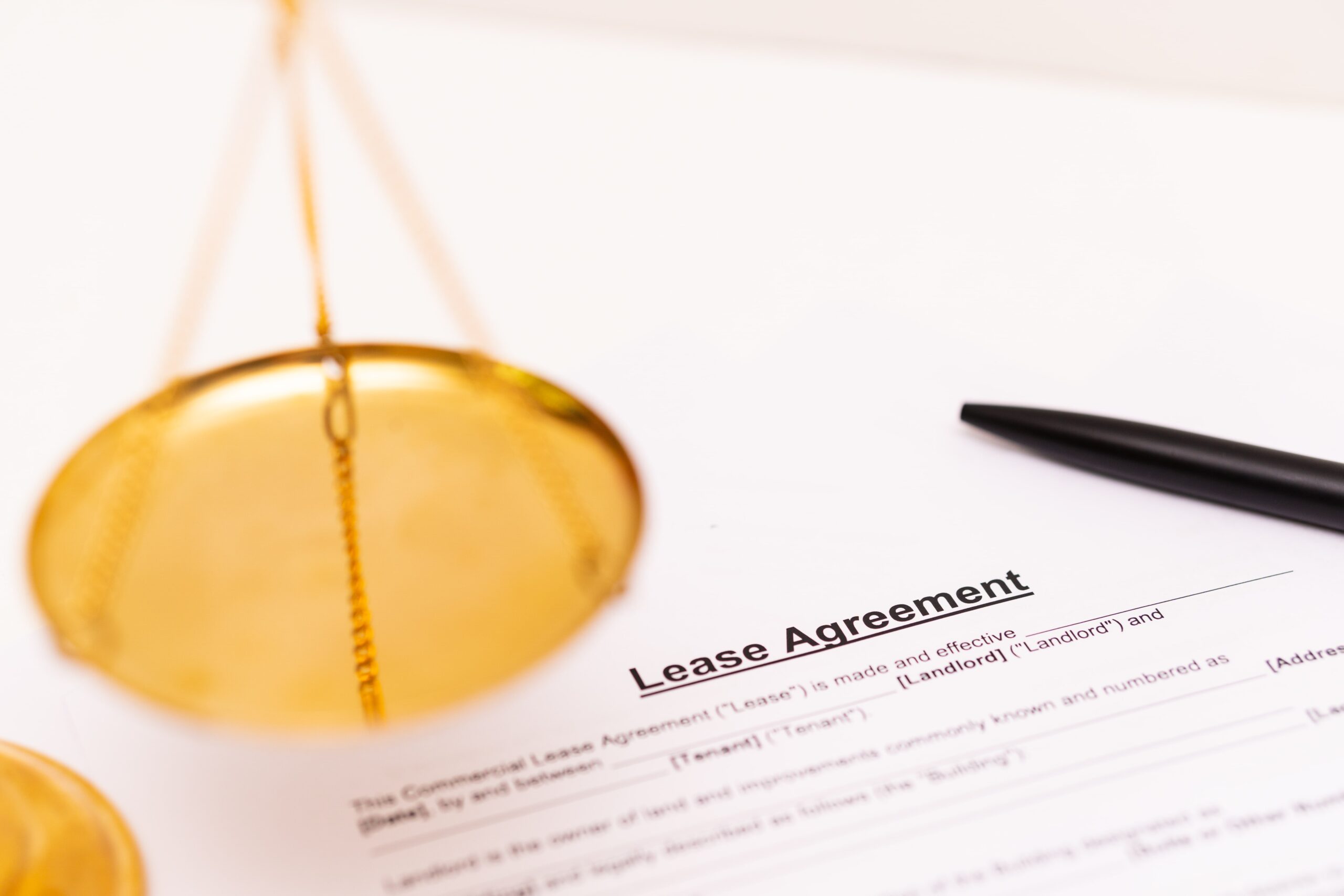What does the leasehold ban mean for you?
The UK government has announced new homeownership reform, with new leasehold flats set to be banned in England and Wales.
This is hugely impactful for the property market in the UK, as the government claims it wants to move to a system that’s more in line with the rest of the world – known as commonhold.
If you’re keen to find out more details about the ban on new leasehold flats and when it comes into place, continue reading our guide.
What is the Leasehold Reform Act?
The Leasehold and Freehold Reform Act 2024 is designed to give leaseholders more rights, such as:
Ensuring that relevant property sales information is provided to leaseholders promptly.
Making it cheaper and easier for leaseholders to extend their lease or buy their freehold, including by removing the requirement to pay marriage value.
Increasing the standard lease extension term to 990 years, with ground rent reduced to a peppercorn (zero financial value), upon payment of a premium.
Changing the qualifying criteria to give more leaseholders the right to extend their lease, buy their freehold, and take over management of their building.
Banning the granting of new leasehold houses (with some exceptions).
Improving the transparency of:
– Service charges – giving leaseholders a new right to request information about service charges and the management of their building.
– Administration charges and building insurance commissions.
Removing the presumption that leaseholders pay their landlord’s legal costs when challenging poor practice and giving them a new right to apply to claim their legal costs from their landlord.
Extending access to redress schemes for leaseholders where the freeholder manages the property directly.

When will the leasehold ban come into effect?
There is no set date for the leasehold ban to come into place, but the UK government will publish the Leasehold and Commonhold Reform Bill later in 2025 and is aiming to have this legislation in place before the next general election in 2029.
This will set out the legal framework for how a reformed commonhold will work and how flat owners’ rights will be improved.
On March 3rd, the government published the Commonhold White Paper, which outlines their plans for the leasehold system.
What does the leasehold ban mean for homeowners who currently own a leasehold flat?
The leasehold ban will hand lots of rights back to homeowners, including giving them a stake in the ownership of their building. It will also hand them more power, security, and control over their homes.
The national leasehold campaign set up by the UK government will ensure that changes to leasehold agreements mean flat owners aren’t left feeling like second-class homeowners.
As a result of the leasehold ban and an end to the feudal leasehold system, the ‘Plan for Change’ will aim to improve living standards across the UK.

What does the leasehold ban mean for people currently buying a property?
If you’re currently in the process of purchasing a leasehold property, don’t worry!
What you must do is ensure that your lease is 990 years and the ground rent is set to zero. Since 2022, a property owner or developer hasn’t been allowed to sell newly built flats with ground rent.
Many people may be wondering if it’s worth holding off for a little while before buying a property. However, the leasehold changes could take several years before they’re brought into law, so if you’ve found a dream property, you should consider it.
Will I be able to sell my leasehold property after the leasehold ban?
Yes, you’ll still be able to sell your property after the leasehold and freehold reform bill is introduced into UK law.
However, at this point – a very early stage of the process – it’s difficult to state the type of challenges or issues you may face when selling a leasehold property in several years.

Will the leasehold property ban reduce the cost of conveyancing for flats?
Again, this is very difficult to answer at this stage, but the price of a conveyancing solicitor’s services depends on the job at hand and the value of the property.
So, if the property value increases following the leasehold and freehold reform, the conveyancing services will rise, too.
Will the leasehold ban mean that I have to pay for structural repairs on my flat?
No, existing leaseholders will not automatically have to pay for structural repairs once the ban on new leasehold flats comes into place.
The responsibility for structural repairs is determined by the terms of your lease agreement, which may place liability on the freeholder (usually a landlord) for the building’s structure.
As a property owner, you’ll be required to fix any issues within your own flat, but the structural integrity of the building shouldn’t fall on your shoulders.

Speak to reliable property solicitors
Are you a leasehold flat owner and want more information on commonhold ownership that’s soon to come into UK law?
Or do you have questions about leasehold reform ground rent?
Whatever your query, we at GD Property Solicitors can help you. We feature a team of highly qualified solicitors who understand the complexities of leasehold agreements.
Speak to our knowledgeable team today by calling 0161 710 1786.
